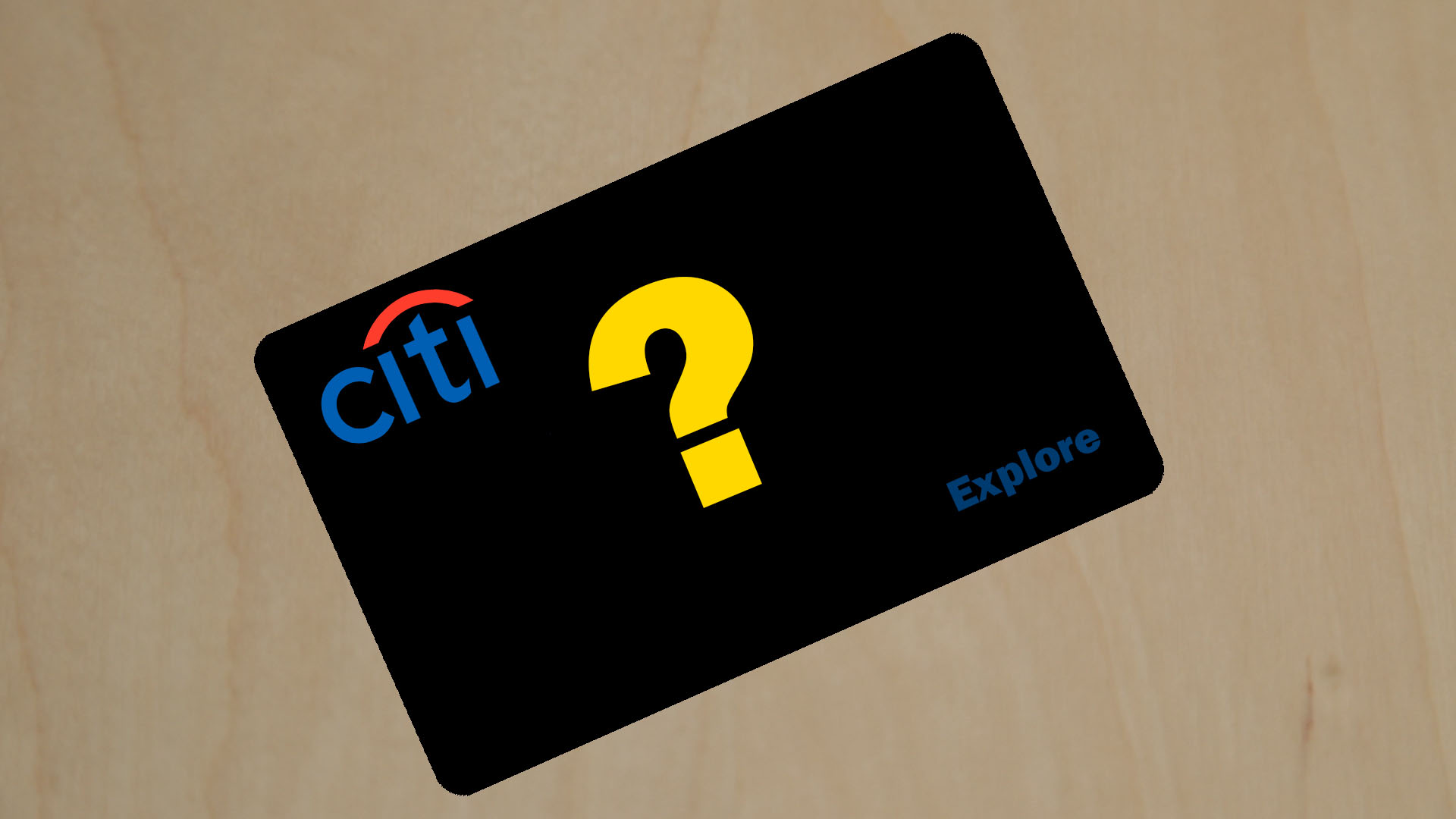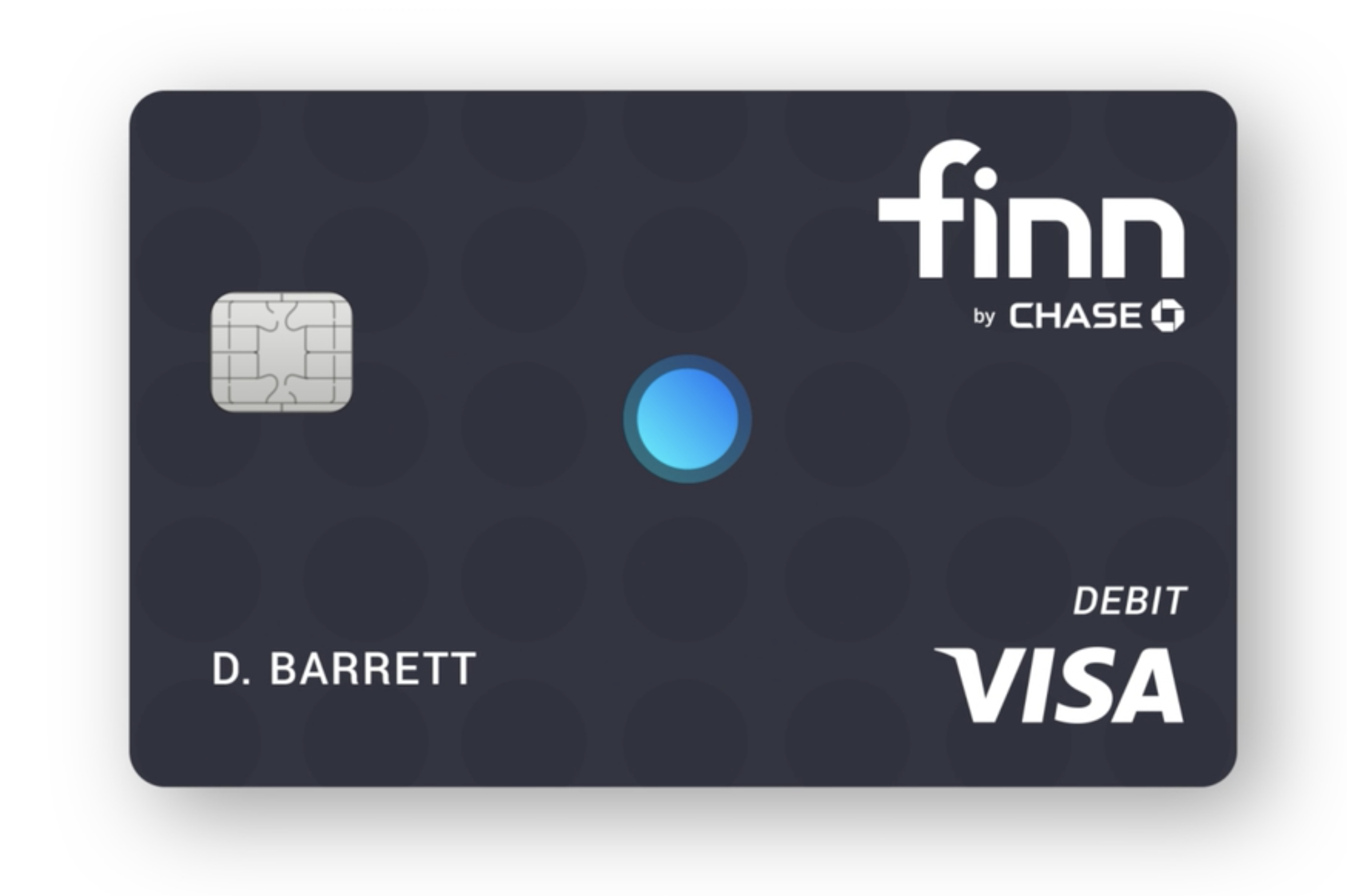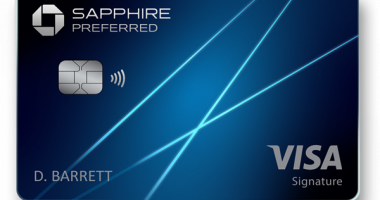It is important for young adults to build up their credit score, especially as they are approaching the age where they will move out and go it alone in the world i.e. graduating from college and getting a job. Without a credit score you may need to come up with a crazy deposit to rent an apartment, get a phone plan or set up an account with an electricity company.
There are several options for students to build up credit, with the most common being various types of credit cards, so let’s compare three types.
Student Credit Cards
Student credit cards are actual unsecured credit cards in your name, that you are responsible for from a financial standpoint. The you need to prove that you are a student by applying using a student email address, you will need to provide some proof of income (for example a part time job) and you will also normally have a credit check. The credit score requirements are normally not high, so most students should be able to get approved, unless they have some past derogatory marks on their credit report.
Pros
Not a secured card, so no money up front
Some student cards earn rewards or even give a bonus for a good GPA
Cons
Hard credit inquiry and some credit score/report requirements
Secured Credit Cards
Secured credit cards require a deposit up front known as the collateral. This typically would be around $200 for a card with a $200 credit limit, with the option of adding more collateral for a higher limit card. The bank then holds this money as an insurance and will use it to pay off the debt if you decide not to pay. Some secured cards will convert your card into a non-secured version and return the collateral to you after a period of time.
Pros
Easier to get approved for than an unsecured card
No requirement to be a student
Cons
You need to provide money up front which will be locked up for typically between 6 months and a year.
Most will require a credit check (hard pull)
Authorized User Cards
Being an authorized user on someone else’s account can help you increase your credit score just as if you were the primary card holder yourself, in some cases it is even better than opening a card yourself. Some banks will actually back date their reports to the credit bureaus, to give you the entire credit history of the card, so it looks like you have had the card for years! But make sure you pick someone responsible get an authorized user card from, remember it reports everything to the bureaus, so if that person has missed payments or high utilization that will show up on your credit report too and drive your score down.
We have a video guide on the best authorized user cards for building your credit score, you can watch it below, otherwise scroll down for the pros and cons of AU cards.
Pros
No credit check
Can report the full history backdated (see video guide)
Cons
You rely on someone else, so you need to know you can trust them
Conclusion
There is no real right or wrong answer to this, the choice will be whichever fits your circumstances better. However if you want to build your credit quickly, I would suggest to employ two of these methods simultaneously, the most common combination would be an authorized user card on a parent’s account (they don’t have to give you the actual card) and then one of the other two that you actually use for spending. Having two lines of credit on your report will definitely give you a solid credit score after several years of college.









